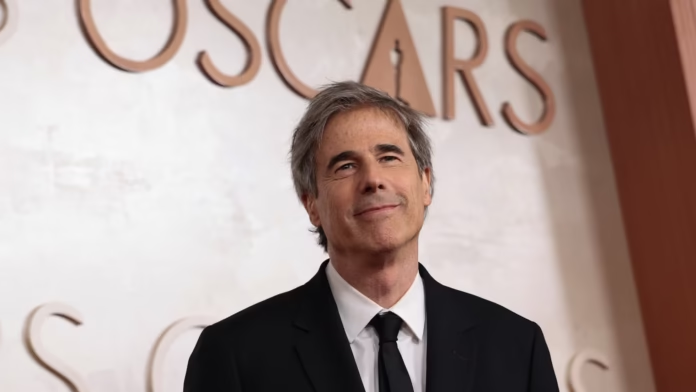At Qumra 2025, acclaimed Brazilian filmmaker Walter Salles delivered a moving masterclass, where he explored how cinema preserves identity and resists erasure. Speaking to a packed audience, Salles shared deeply personal reflections from his decades-long journey in filmmaking, photography, and cultural storytelling.
Salles, best known for Central Station and The Motorcycle Diaries, described cinema as “an instrument to preserve identity at specific times of our existence.” He said the medium has the power to fight against forgetfulness and ensure collective memory lives on.
His passion for photography shaped his early documentary work, which later evolved into narrative features. “I learned from photojournalists to be present within communities,” Salles explained. “You must be invited to understand a place before capturing it.”
He emphasized that cinema preserves identity by documenting the human condition. His debut feature, Foreign Land, tackled Brazil’s political unrest during its transition to democracy. His global breakthrough, Central Station, was shaped by mentorship at the Sundance Institute—a sense of artistic community that Salles sees reflected at Qumra.
“The spirit of collectiveness at Qumra mirrors what I experienced early in my career,” he said. “Mentorship unlocks possibilities that transform stories.”
Salles also spoke about working with non-actors and embracing improvisation. “A strong script is like jazz—if you have structure, you can break away and return. That’s where discovery happens,” he said.
For The Motorcycle Diaries, Salles traveled the route with his crew to better understand Latin America’s cultural pulse. “When something alive happens during a scene, I try to shoot it like a documentary,” he noted.
During the session, moderated by Richard Peña, Salles presented clips from several of his works, including I’m Still Here, a deeply personal film about Brazil under military dictatorship. He described it as “the presence of absence,” filled with empty spaces that reflect loss, memory, and survival.
“Every image holds something seen and something sensed,” he said. “That balance is what makes cinema powerful. What’s not shown often says the most.”
His advice to young filmmakers was simple but profound: “If you see everything, that’s television. If you’re asked to imagine what’s missing, then you’re in cinema.”
Salles also reminded the audience of cinema’s ancient roots. “The first artistic expression was the cave painting—our first attempt to record life and preserve memory,” he said. “Cinema carries that same impulse.”
Ending on a powerful note, he said, “cinema preserves identity—whether shot on an iPhone or 35mm. It’s a tool of resistance in a world where memory is constantly under threat.”
Through his words and work, Walter Salles reminded everyone at Qumra that filmmaking is not just art—it’s a mission to remember, resist, and inspire.


